PARtake – The Journal of Performance as Research, Special Issue
PARtake: The Journal of Performance as Research, volume 3, issue 2.
Pedagogies of/and Performance-as-Research
Special themed issue with guest editor Emily Rollie
In its initial issues, PARtake has explored key topics related to the dynamic field of Performance-as-Research, including the modes of performing research, the ethics of participating in research, activism in PAR, and the rich intersections of embodiment and somatic intelligence in PAR. This issue continues in that trend, specifically examining the relationship between PAR and pedagogy – the ways pedagogy intersects with, is influenced by, and is utilized in PAR.
According to Owen Chapman and Kim Sawchuk, Performance-as-Research uses performance to “challenge the normative frameworks that have traditionally structured academic contributions to knowledge” and offer “alternative frameworks for understanding, communicating, and disseminating knowledge” (23). Within these “alternative frameworks” of knowledge and research, how does PAR similarly challenge the normative frameworks of teaching? How does PAR impact performance pedagogy – both how we teach performance as well as how we pedagogically engage with performance research?
By nature of the discipline, there is no singular approach to PAR, which presents a wealth of opportunities but also inherent challenges, especially for those teaching future scholartists and perhaps using pedagogy as part of their PAR work. Further, as a field that is actively growing to embrace alternative technologies and performative frameworks, PAR pedagogies must also expand and assume new forms to support the critical investigations of scholartists. PAR also seems particularly suited to actively assist scholartists in engaging with current conversations surrounding critical pedagogies and efforts of pedagogical decolonization. Pedagogy, much like PAR, is a performative, dynamic, and evolving practice. They are also public and thus political practices, deeply invested in exploring the intersections of knowledge, culture, understanding, and performance.
In Practice as Research in the Arts, Robin Nelson writes that PAR is “mobilized through a discernable pedagogy” (48, emphasis mine). It is this pedagogical mobilization of PAR that is our focus. This special issue examines the intersections between pedagogy and Performance-as-Research, considering the multiple ways pedagogies and pedagogical approaches influence, are influenced by, and become rigorous sites of mobilizing Performance-as-Research.
We invite scholars, practitioners, scholartists, and educators of diverse backgrounds, practices, and pedagogical approaches to submit critical essays, video and multimedia documentation, manifestos, and critical case studies that explore the ways Performance-as-Research can be taught, as well as how pedagogies include and become Performance-as-Research.
Guiding Questions
- How does Performance-as-Research serve to mobilize pedagogies in theatre and performance?
- How does Performance-as-Research open additional doors for, and influence, interdisciplinary collaboration and pedagogies?
- How does Performance-as-Research serve efforts to decolonize curriculum and teaching approaches?
- Considering Performance-as-Research’s relatively recent emergence in the US, what global opportunities for pedagogy in PAR currently exist? How might scholartists utilize PAR teaching in global contexts?
- How do more traditional theatrical or performance-based teaching approaches inform, shape, or influence Performance-as-Research?
- How, where, to whom, and with whom do we teach Performance-as-Research?
- What challenges does Performance-as-Research and/or work as a scholartist present for pedagogy?
- How might a synergy between established protocols in Applied Theatre and “conventional” performance creation be fruitful when implementing Performance-as-Research into training programs?
Submission Guidelines
Please submit 250-word proposal abstracts of your project and a 100-word personal bio to the editors at partakejournal@gmail.com by February 28, 2020.
Authors will be contacted by March 20 for acceptance, with initial submissions due April 15, 2020 for a planned publication timeline in late summer 2020.
Guidelines for submissions can be found here: https://www.partakejournal.org/submission-guidelines
If you have any questions, please email the editors at partakejournal@gmail.com.
